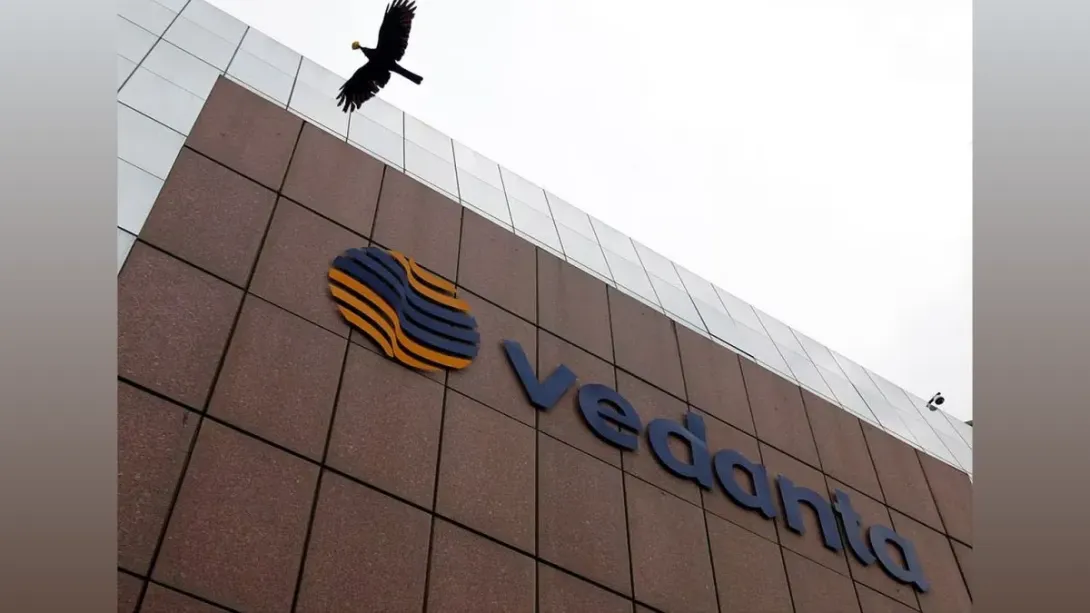The National Company Law Tribunal (NCLT) has reserved its verdict on Vedanta Limited’s ambitious demerger proposal, which seeks to restructure the conglomerate into multiple independent entities. The move, aimed at unlocking shareholder value and enhancing operational focus, represents one of India’s most significant corporate reorganizations in recent years. Once approved, the demerger will reshape the company’s vast portfolio across natural resources, energy, metals, and semiconductor businesses. Investors, analysts, and regulators alike are closely watching the outcome, which could set a precedent for large-scale corporate restructuring in India’s industrial landscape.
Vedanta’s Strategic Restructuring Plan
Vedanta Limited, the diversified natural resources company led by billionaire Anil Agarwal, had earlier announced plans to split its operations into distinct verticals—including aluminium, power, oil and gas, and base metals—to create standalone entities focused on specific business segments.
The proposal was designed to improve operational agility, attract sector-specific investments, and provide greater transparency for shareholders. By separating its various verticals, Vedanta aims to unlock the latent value of its underlying assets and streamline decision-making within each business unit.
Under the restructuring plan, the demerged entities would be publicly listed, allowing investors to participate directly in individual sectors rather than the consolidated group. Each segment would be independently managed with distinct growth strategies, governance structures, and capital allocation policies.
NCLT’s Role and the Legal Proceedings
The National Company Law Tribunal (NCLT), which oversees corporate restructuring and merger approvals in India, has completed hearing Vedanta’s petition and reserved its order. The case was presented before the Mumbai Bench, where the company outlined the benefits of the restructuring for shareholders, creditors, and other stakeholders.
Vedanta’s counsel argued that the demerger aligns with the provisions of the Companies Act and does not adversely affect the financial interests of any stakeholder group. The NCLT’s final decision will determine whether the plan receives formal approval, allowing the company to proceed with implementing the restructuring scheme.
Industry observers note that once cleared, this demerger could become a template for other Indian conglomerates seeking to unlock value in diversified portfolios through separation of business verticals.
Investor Expectations and Market Reactions
Since the announcement of the demerger plan, investor sentiment toward Vedanta has been cautiously optimistic. While the restructuring is expected to unlock value in the long term, concerns remain over the company’s consolidated debt levels and the financial sustainability of the new entities post-demerger.
Analysts believe that segmental clarity could enhance valuation multiples for Vedanta’s businesses, particularly in the aluminium and oil & gas verticals, which hold strong market positions. However, the restructuring’s success will depend on how efficiently the group manages capital reallocation and debt distribution among the newly formed companies.
According to market experts, institutional investors prefer pure-play companies with transparent financials and strategic focus. If executed effectively, Vedanta’s move could help attract fresh investments from global funds that specialize in specific sectors like green energy, base metals, or semiconductors.
Strategic Rationale and Long-Term Vision
Vedanta’s demerger proposal is rooted in its long-term vision of creating sector-focused, agile, and growth-oriented enterprises. The company believes this structural separation will enable each entity to pursue independent expansion plans, forge strategic partnerships, and respond faster to market opportunities.
In recent years, Vedanta has diversified beyond mining and metals into renewable energy, semiconductor manufacturing, and digital infrastructure, signaling its intent to align with India’s future industrial priorities. The demerger is also expected to make the conglomerate’s capital structure more transparent and manageable, potentially improving credit ratings over time.
Chairman Anil Agarwal had earlier remarked that the move would “simplify the corporate structure and ensure that every business can operate with sharper focus and accountability.”
Implications for India’s Corporate Landscape
If approved, Vedanta’s demerger could be a landmark event in Indian corporate history, influencing other large conglomerates considering similar strategies. The restructuring reflects a global trend toward decentralization and specialization, where companies divest non-core assets and focus on their most profitable verticals.
The move also comes amid evolving investor expectations for corporate governance and capital efficiency. Analysts suggest that by separating high-growth and mature businesses, Vedanta could attract differentiated investor classes, balancing stability with innovation-driven expansion.
Furthermore, this step is consistent with India’s broader policy push for value creation in the natural resources and manufacturing sectors, encouraging corporates to optimize resource utilization while maintaining financial discipline.
Awaiting the Tribunal’s Verdict
As the NCLT deliberates on its final order, all eyes remain on the outcome, which will determine whether Vedanta can proceed with the implementation phase of its demerger. A favorable ruling would set in motion a series of regulatory and operational processes, leading to the formal listing of new entities.
The decision will also carry significant implications for Vedanta’s shareholders, creditors, and employees, given the scale and complexity of the proposed separation. Market analysts expect that once clarity emerges, investors will reassess their positions based on the revised corporate structure and growth potential of each new company.
Conclusion
Vedanta’s demerger plan underscores a pivotal moment in India’s corporate evolution, reflecting both strategic foresight and market adaptability. The NCLT’s forthcoming decision will not only shape the future of Vedanta but could also redefine the trajectory of Indian conglomerates seeking to maximize efficiency and investor value through structural reform.
Should the tribunal approve the proposal, Vedanta’s transformation into a cluster of specialized, independently managed firms could become a model for sustainable growth and strategic realignment across India’s industrial economy.

Comments